
Over the last few years, the way video game companies make money has become a major problem. Games are getting pricier, and some companies are using frustrating tactics – like constantly releasing expensive add-ons and requiring small, frequent purchases – to get players to spend more and more money.
It’s true that not all ways of making money from games are harmful, and there’s a line between fair and unfair practices. However, some companies have gone too far with aggressive and exploitative monetization, damaging their reputations permanently, even if they later changed or removed those features. This has happened several times in the gaming industry, and here are eight of the most well-known examples.
Gauntlet
Players Can Insert A Coin To Revive Their Character On The Spot
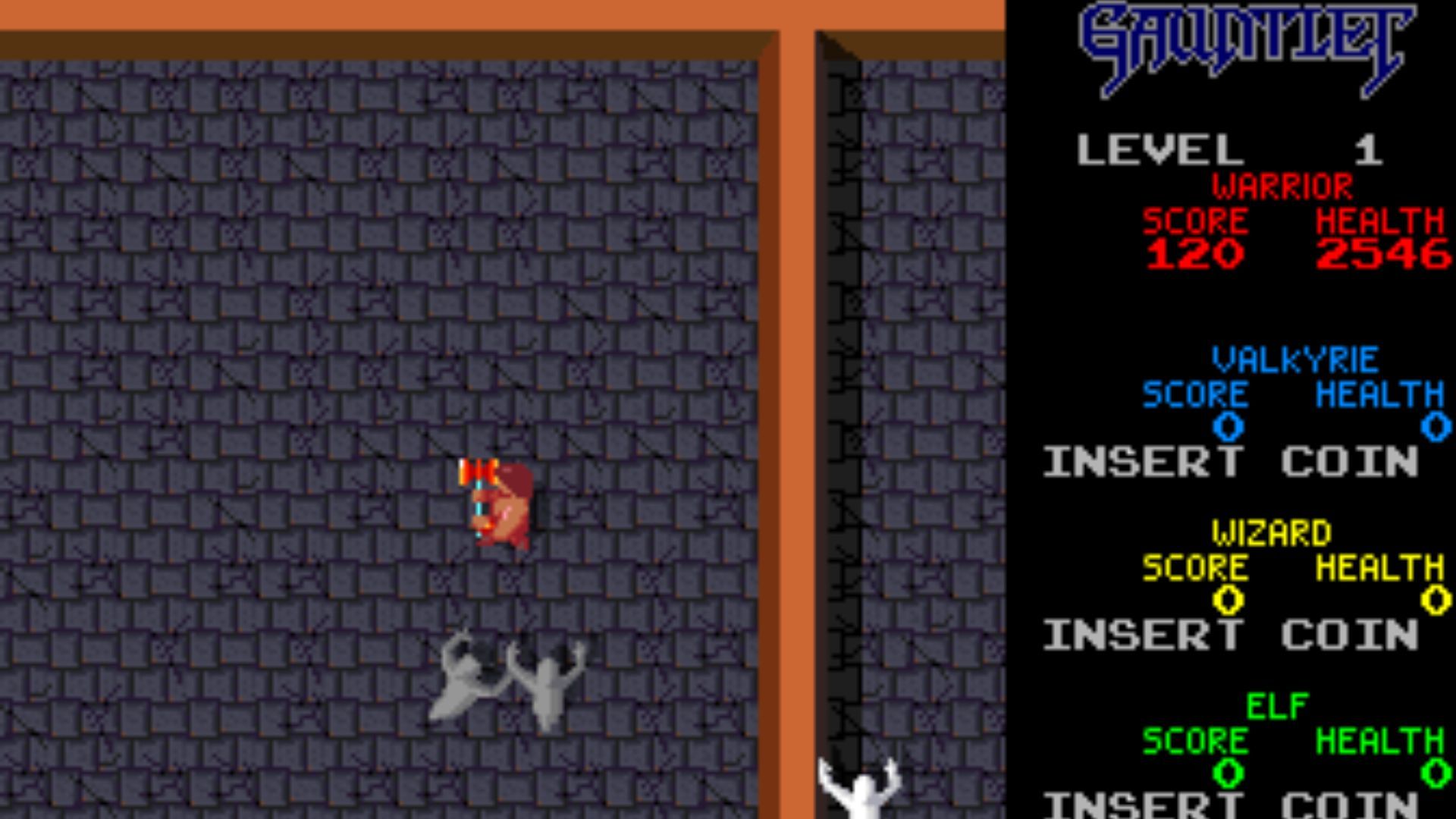
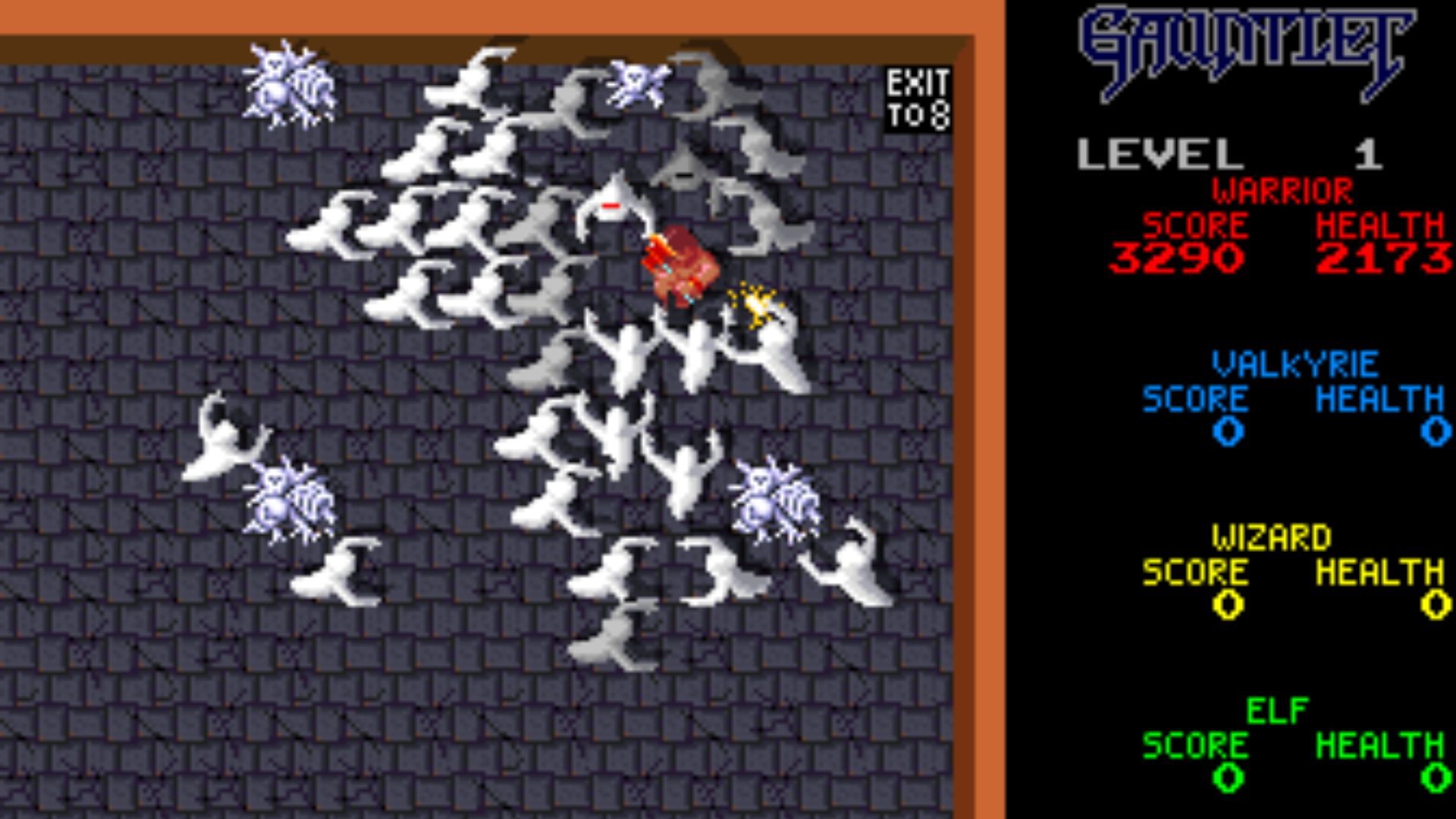
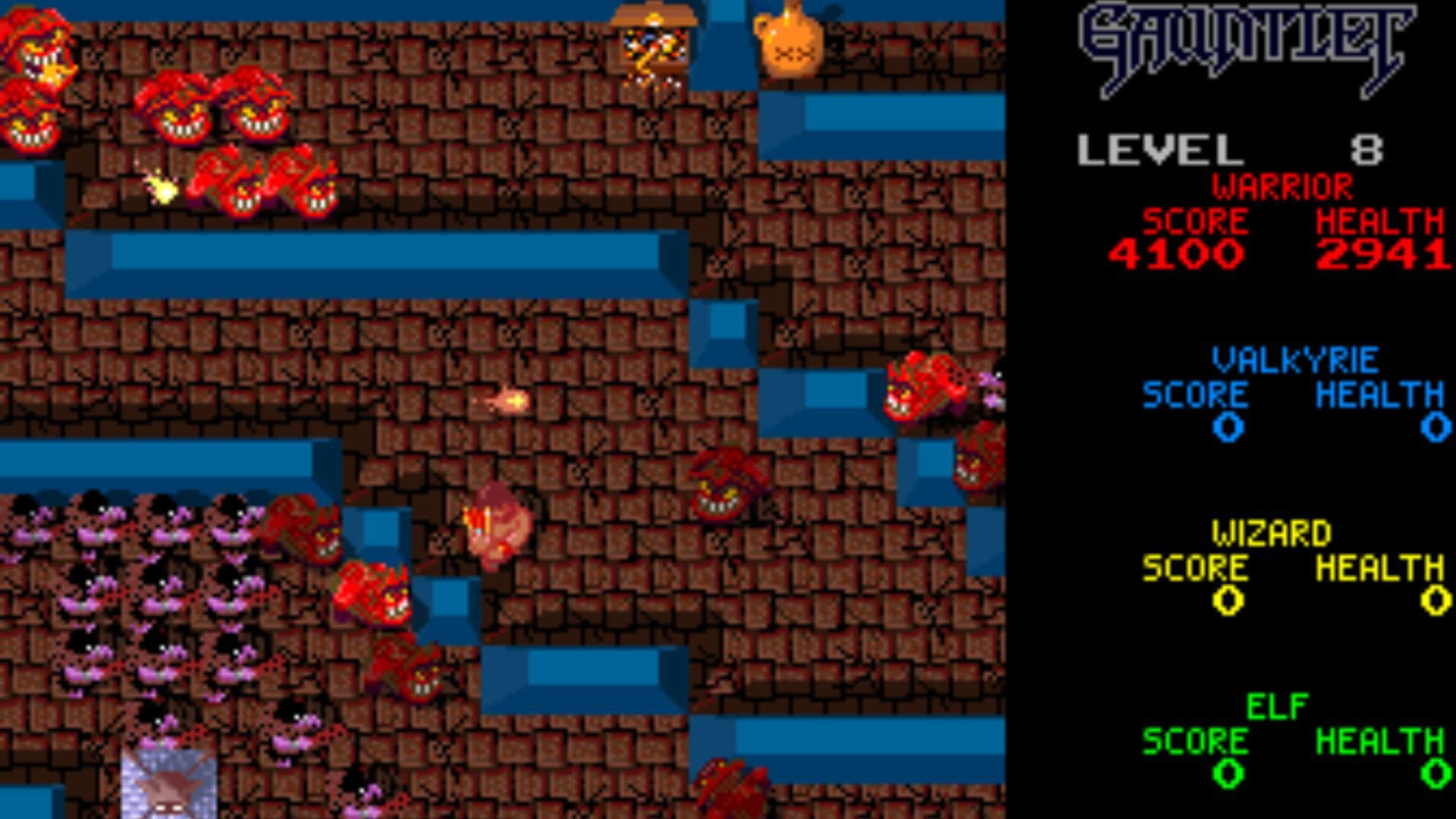
- Platform: Arcade
- Released: October 15, 1985
- Developer: Atari Games
- Genre: Hack-and-Slash
It’s a common misconception that unfair ways of making money are a new problem in gaming. In fact, they’ve been around since the beginning, but have become more noticeable recently with the growth of the internet. Even in the 1980s, arcade games were built to encourage players to spend a lot of money, and Atari’s Gauntlet was a prime example of this practice.
Most classic arcade games ended when you ran out of lives, forcing you to start over. However, Gauntlet was different. Players could instantly revive their character with full health by adding another coin, giving even beginners a chance to progress as long as they had money to spend. While it might not seem like a major innovation, this feature offers an interesting look at how games would later heavily rely on in-game purchases and monetization.
The Sims 4
Over $1000 Worth Of Expansions



Electronic Arts has a reputation for using unusual and costly ways to make money from its games, and The Sims 4 is a prime example. This popular life simulation game first launched in 2014 and has received many expansion packs over the years, with the newest one, Enchanted by Nature, coming out as recently as October 2025.
With all the various expansion, game, stuff, and kit packs available, the extra content for The Sims 4 adds up to around $1354. Although Electronic Arts made the base game free in 2022, The Sims 4 doesn’t feel complete without these expansions. Without them, the game feels very basic and lacks much of what makes it enjoyable.
Evolve
How Rampant Monetization Can Ruin A Game’s Reputation
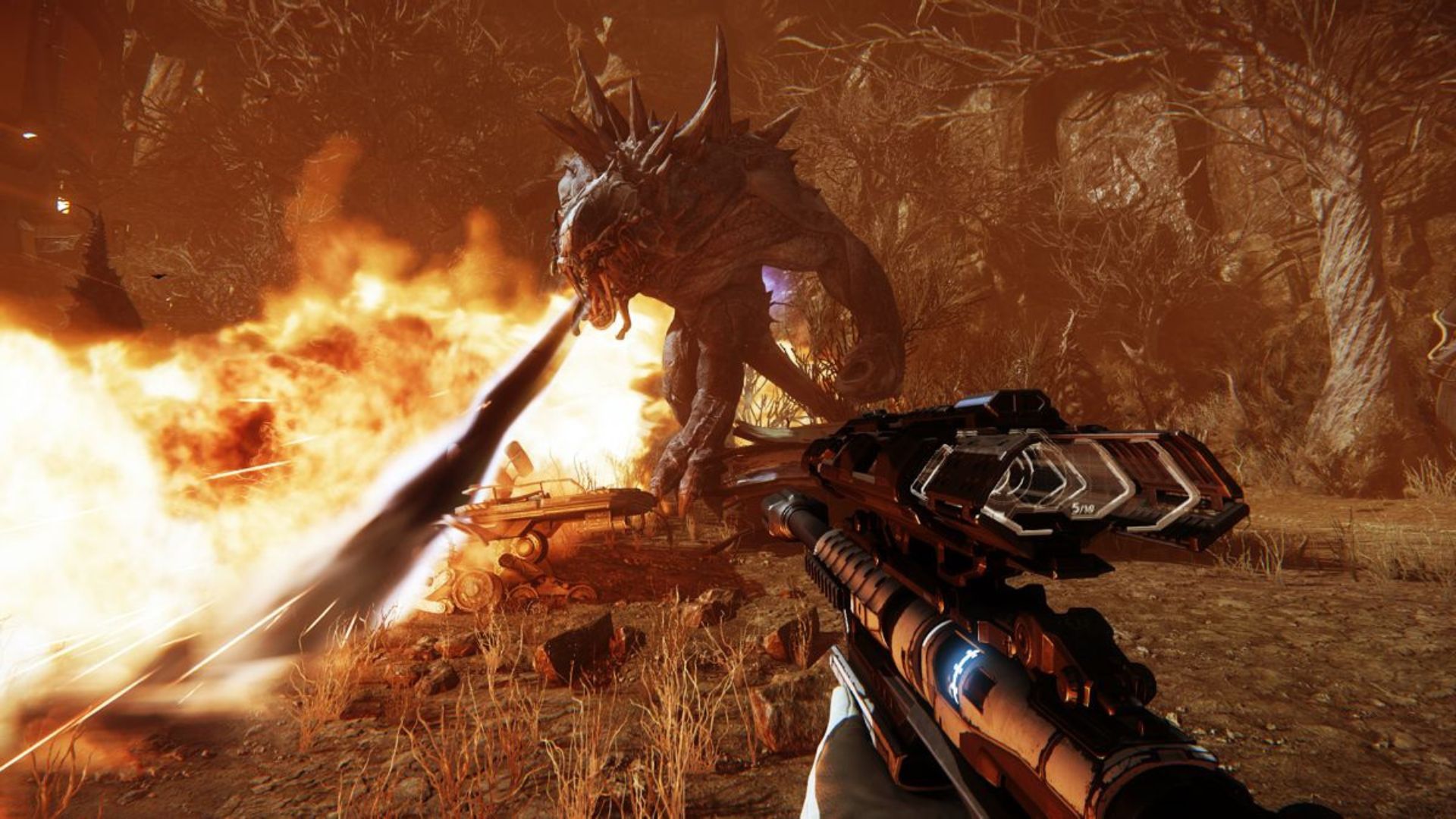
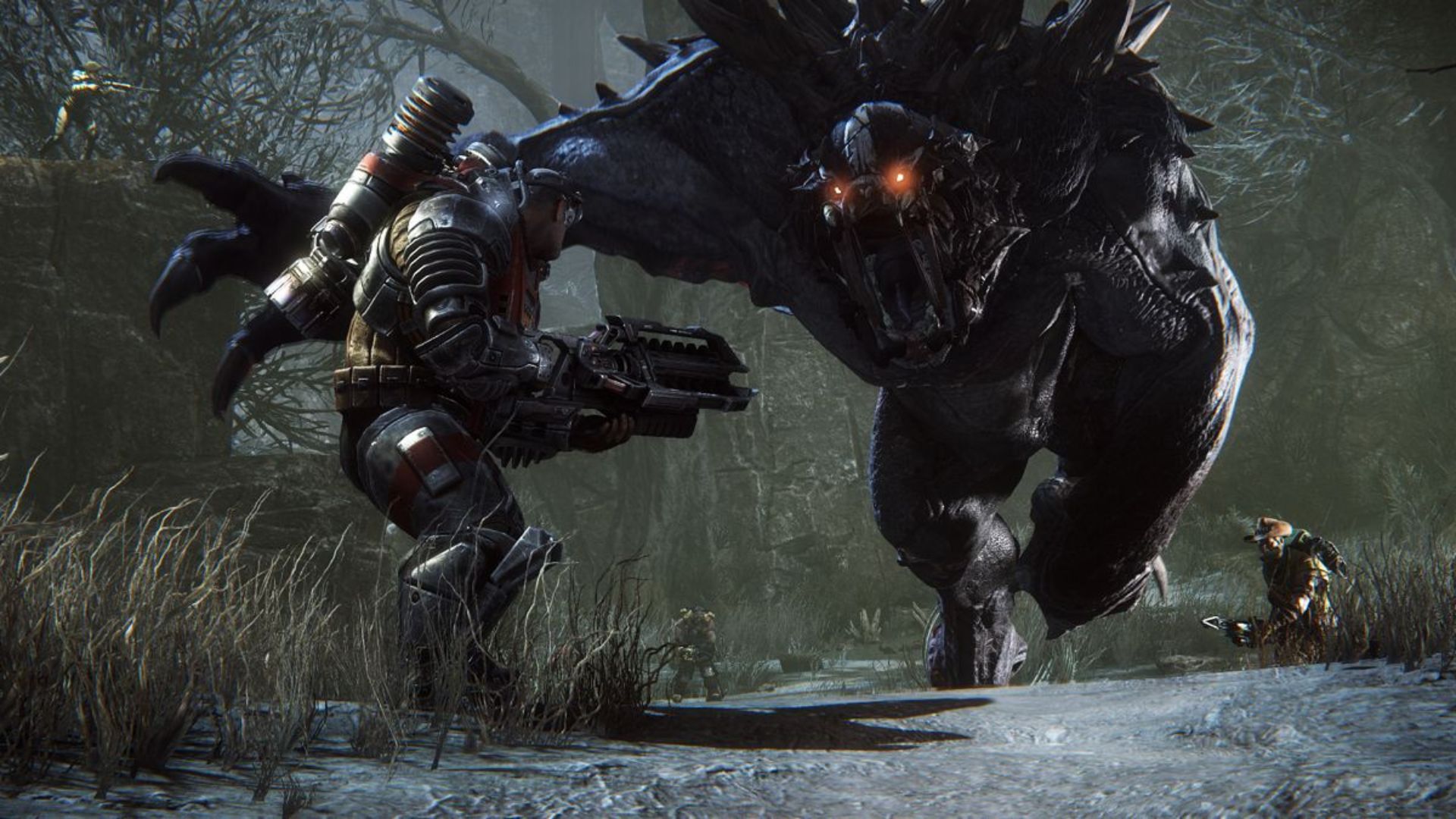
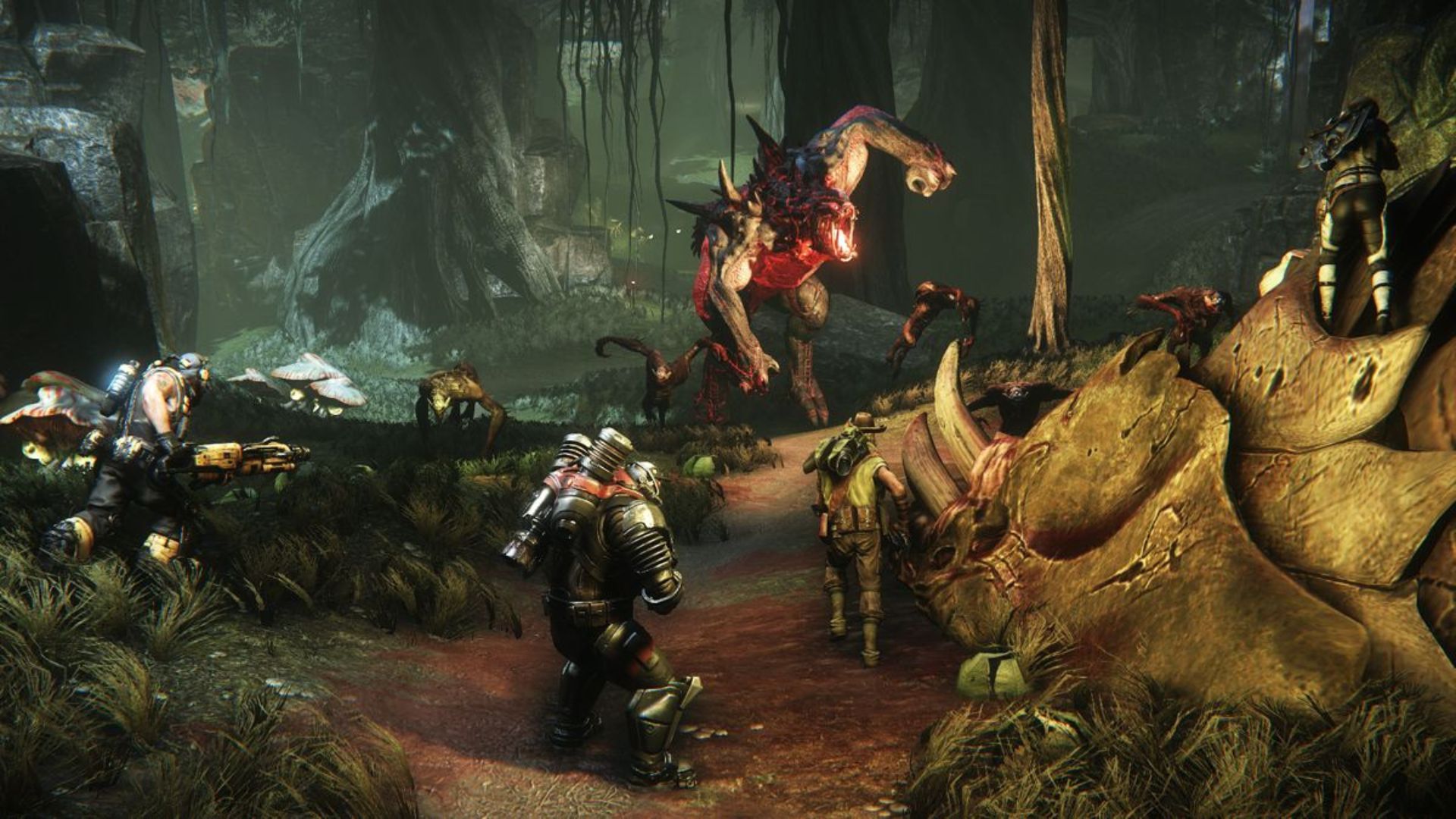
When Evolve was first shown in 2014, it quickly grabbed the attention of gamers. The idea of a multiplayer game where one player controls a huge, monster inspired by Lovecraft, and four others play as hunters trying to defeat it, felt new and exciting.
Before its release, 2K damaged Evolve’s image with unfair ways of making money. Players had to pre-order the game or buy extra passes to unlock certain monsters, weapons, and cosmetic items, and some content was only available on specific consoles. Considering the game already cost $40, it felt like the publisher cared more about selling add-ons than creating a fun, engaging multiplayer game with a dedicated player base. Although Evolve became free-to-play in 2016, it wasn’t enough to revive the game, and the servers were ultimately shut down in 2018.
Destiny 2
Purchased DLC Can Be Locked Away In The Content Vault
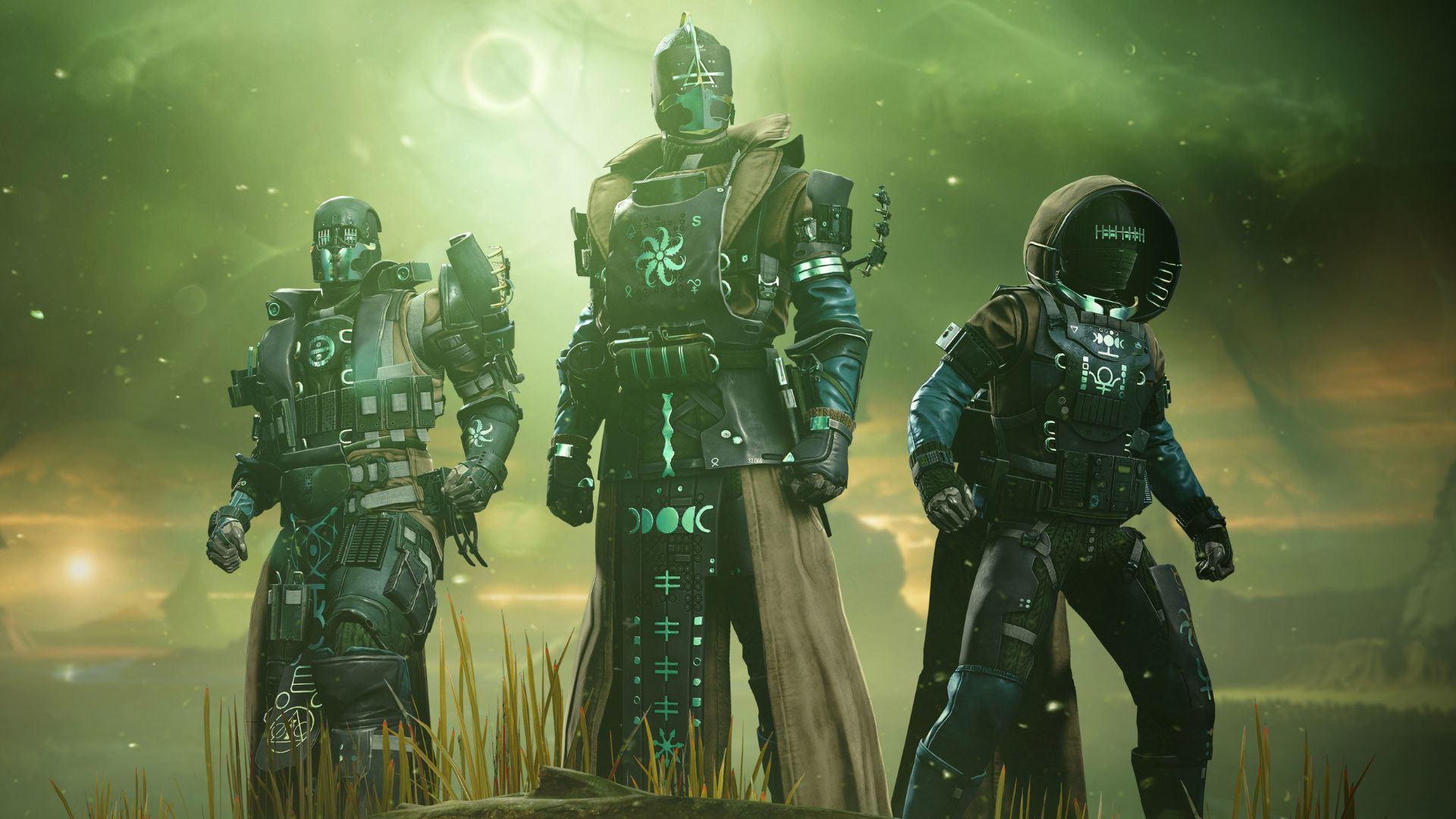

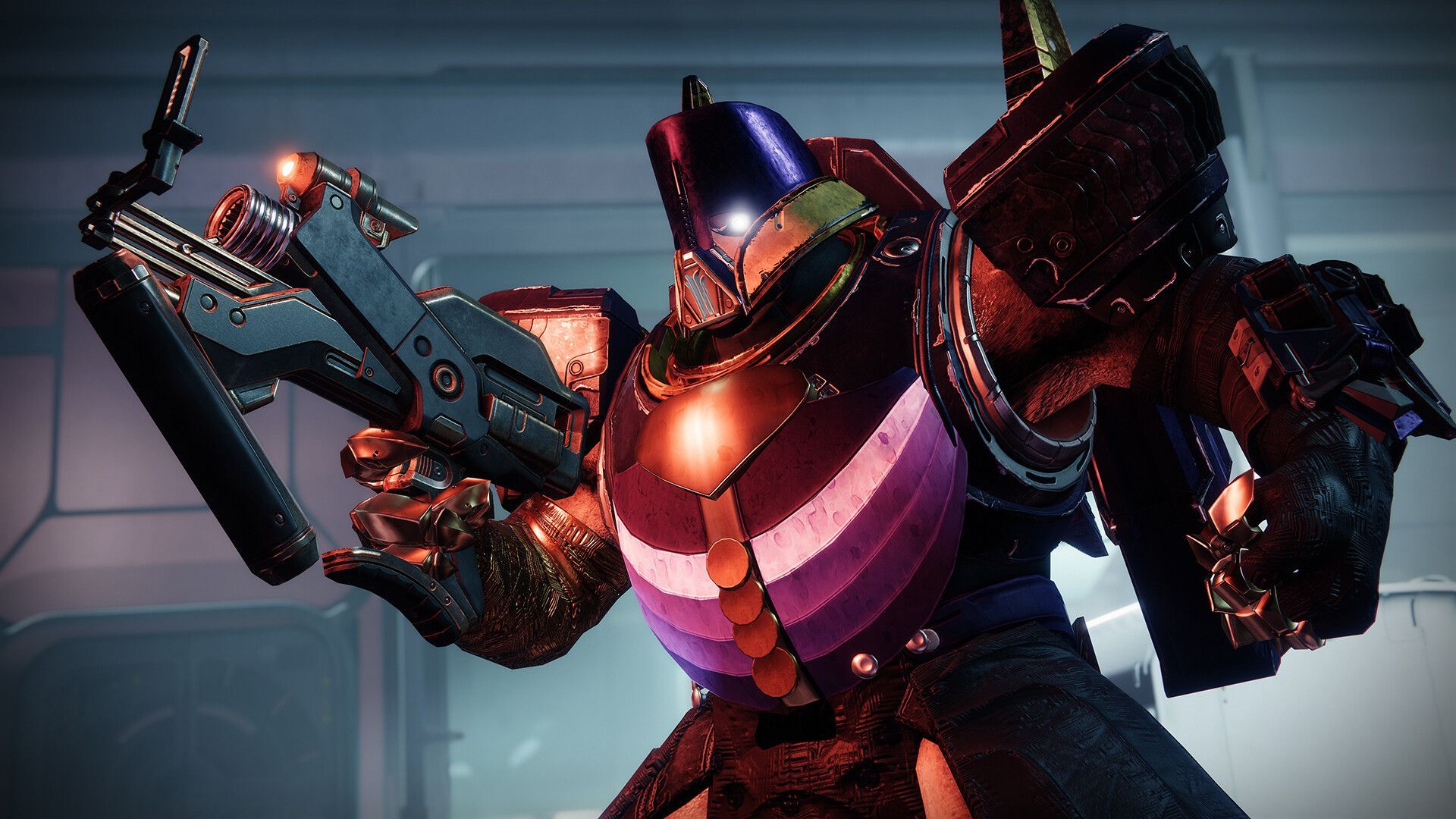
The Destiny franchise has a reputation for its tricky way of making money. What started as a multiplayer role-playing game shifted into a game that constantly asks players to pay for new content. This has been particularly noticeable with Destiny 2, which has released more than nine major expansions over the years.
Destiny 2’s expansions and downloadable content cost between ten and thirty dollars, which isn’t unreasonable, especially since the core game became free in 2019. However, Bungie sometimes removes content from these purchases and places it in the “Destiny Content Vault,” preventing players from accessing things they’ve already paid for. This practice, known as the “DCV,” has been a long-standing point of frustration for Destiny 2 players.
Star Wars Battlefront 2
A Cautionary Tale About The Dangers Of Loot Boxes


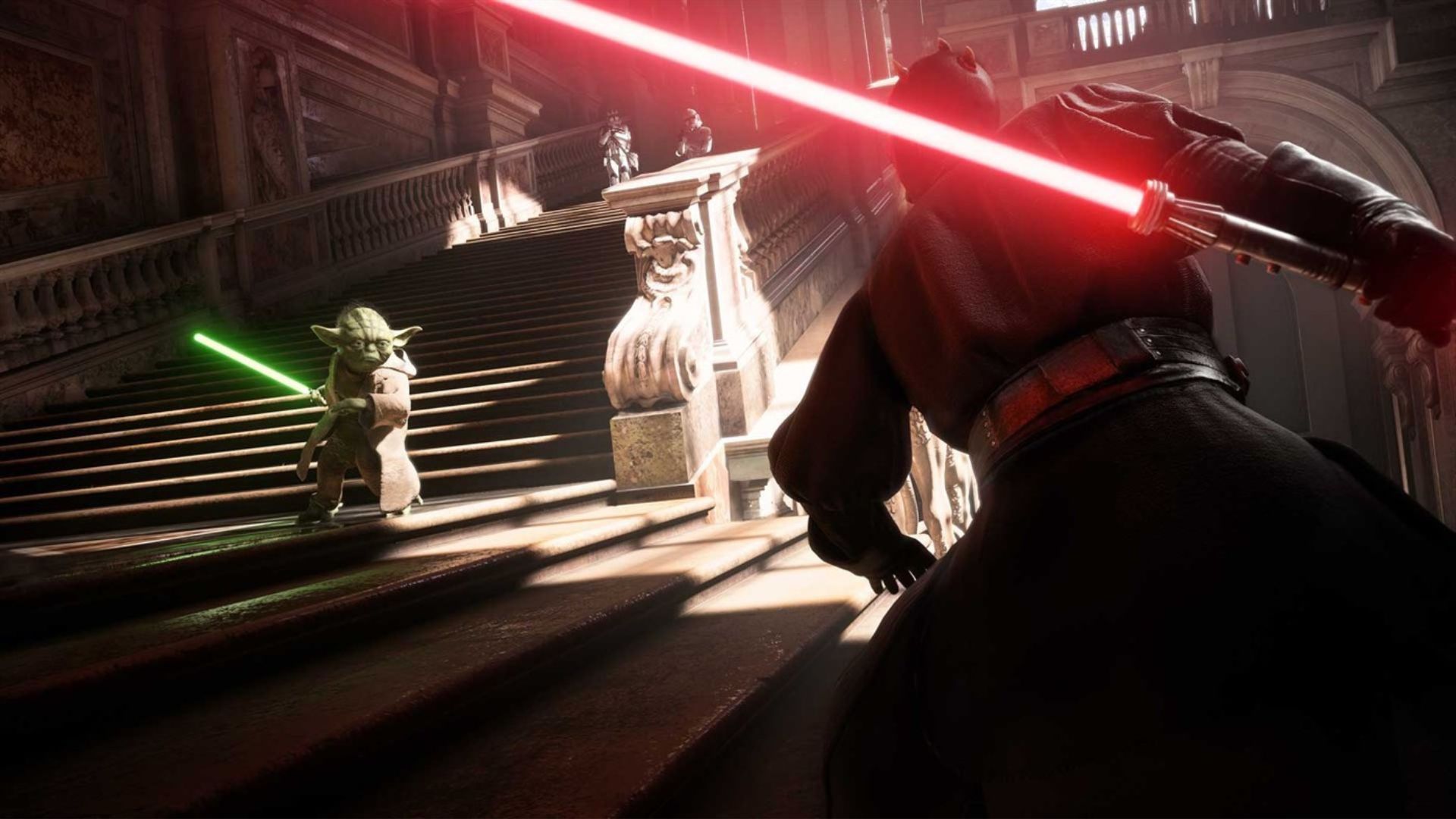
No discussion of problematic video game purchases is complete without mentioning Star Wars Battlefront 2. In 2017, the multiplayer shooter based on the popular Star Wars films became incredibly unpopular because of Electronic Arts’ aggressive and unfair way of making money from the game.
When Star Wars Battlefront 2 first launched, it was very difficult to unlock popular characters like Darth Vader without spending an enormous amount of time playing. This pushed players towards spending real money instead. The game also included Loot Boxes that gave some players an unfair advantage, causing widespread criticism and even a government investigation in Belgium. EA eventually responded to the backlash by removing both the ability to spend money on advantages and the Loot Boxes themselves. This led to a major comeback for Star Wars Battlefront 2, and the game has seen a significant increase in players recently.
Crash Team Racing: Nitro-Fueled
Activision Broke Its Own Promise
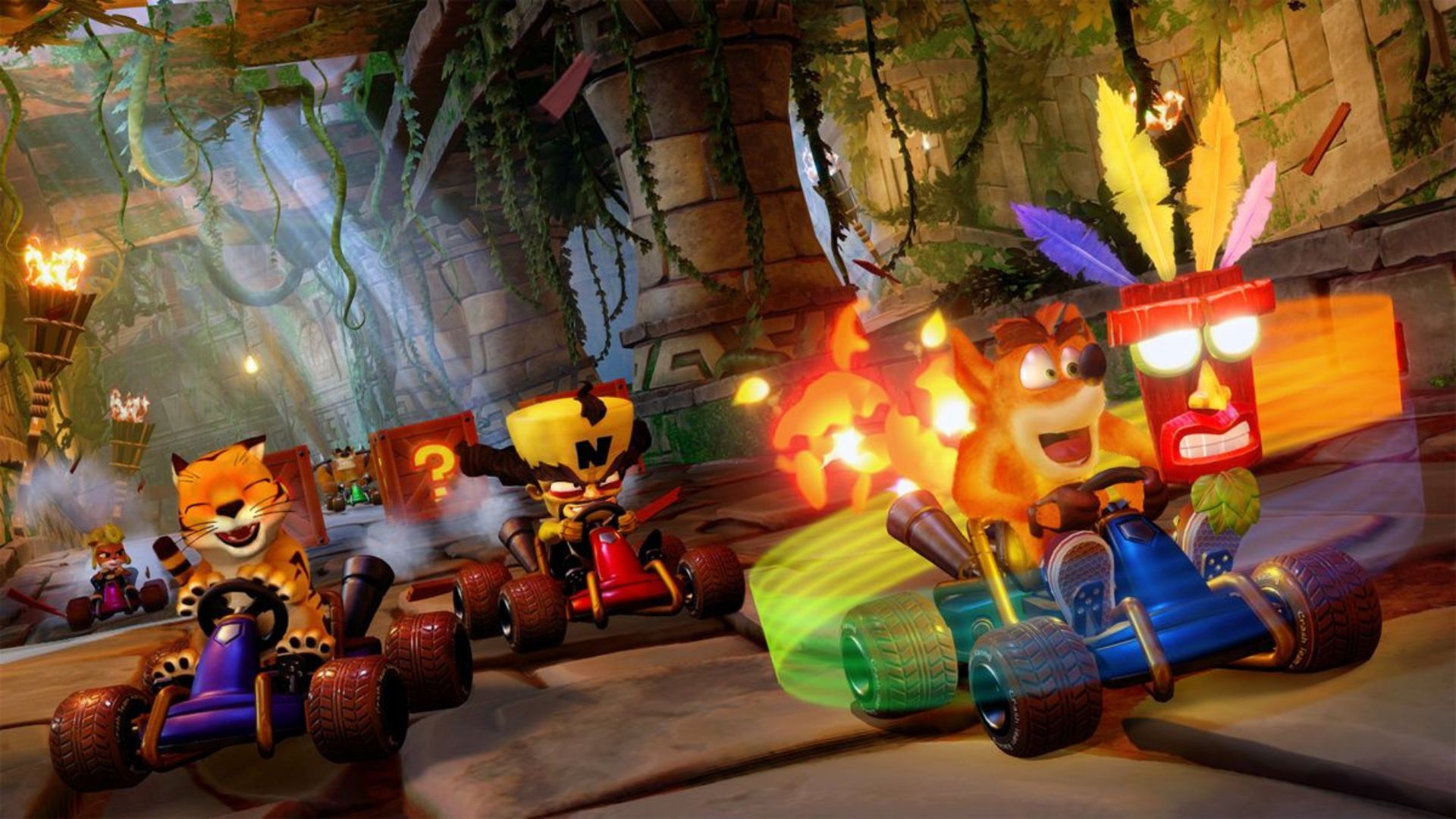
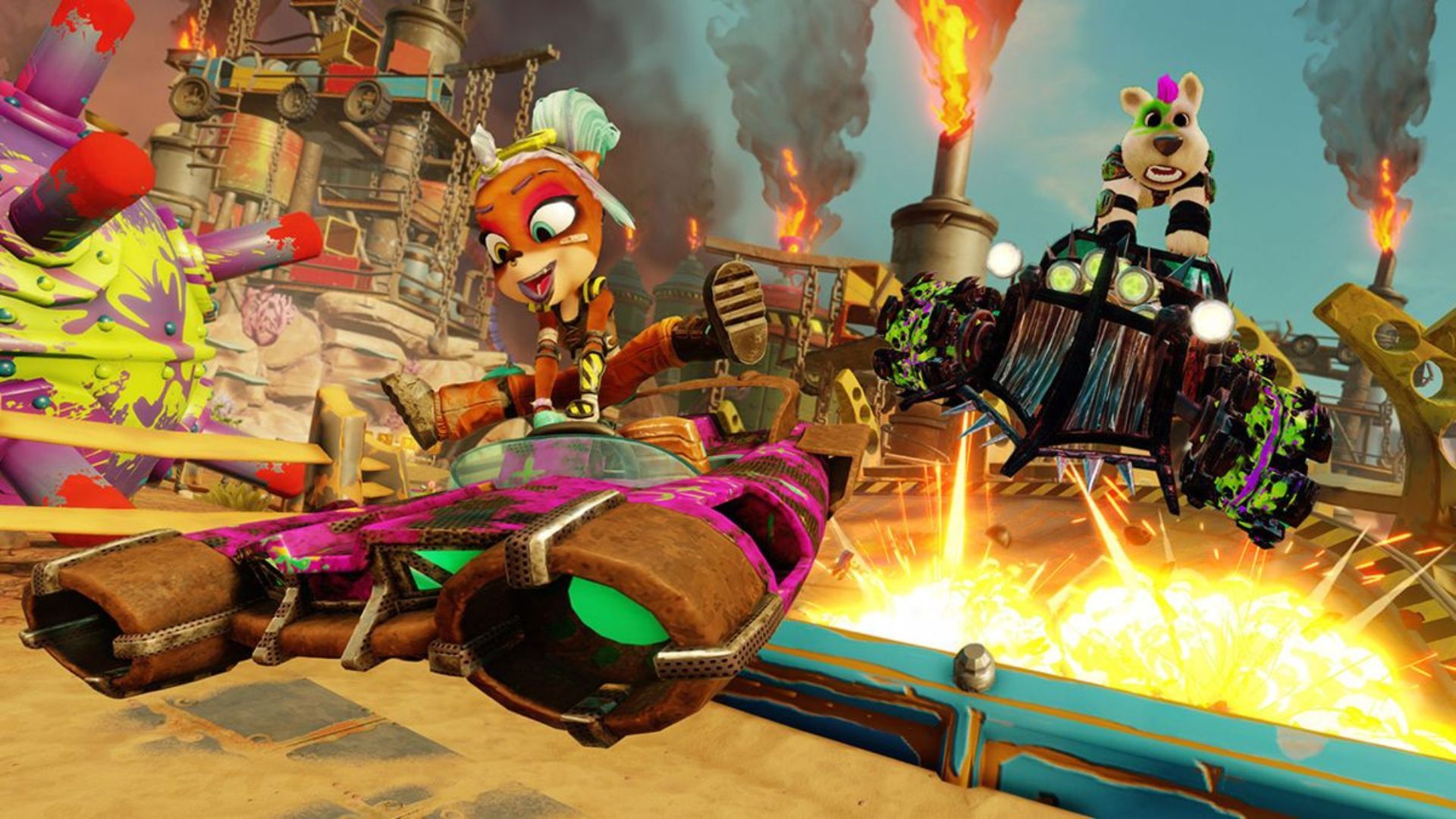

Crash Team Racing: Nitro-Fueled could have been a top kart racer. It wasn’t just a remake of a classic, beloved game – it also included extra content from Crash Nitro Kart and other later Crash Bandicoot games originally released after the first version on PlayStation.
A major issue with Nitro-Fueled was the addition of in-game purchases shortly after its release. Activision had previously stated at E3 2019 that the game wouldn’t have these types of purchases. While players could unlock characters and cosmetic items without spending extra money, it took a significant amount of repetitive gameplay, which encouraged them to buy these items instead. Despite being a good kart racing game, these unnecessary purchases changed the game for the worse.
Call Of Duty: Modern Warfare 3
An Example Of Everything That’s Wrong With Modern Call Of Duty

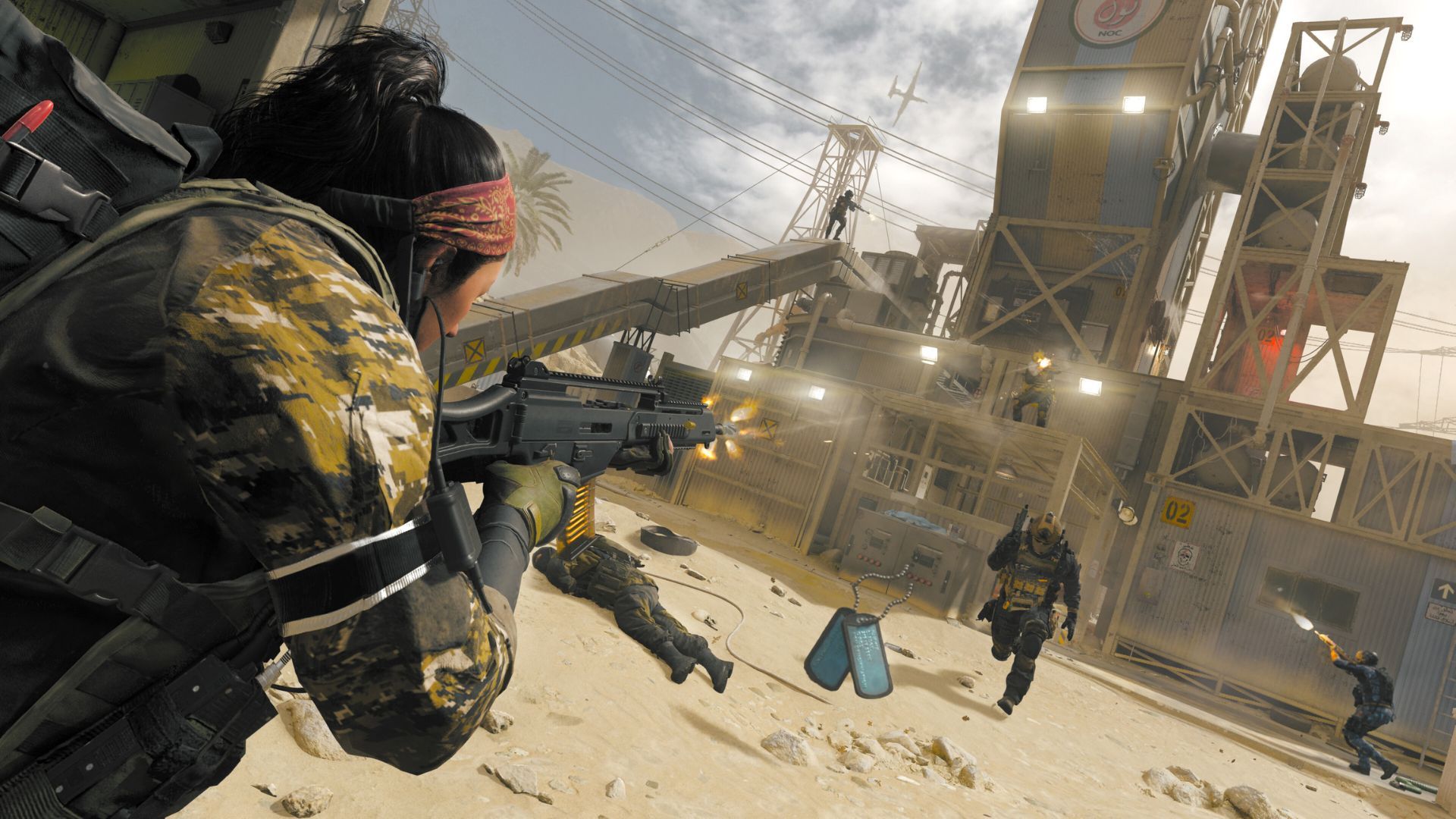
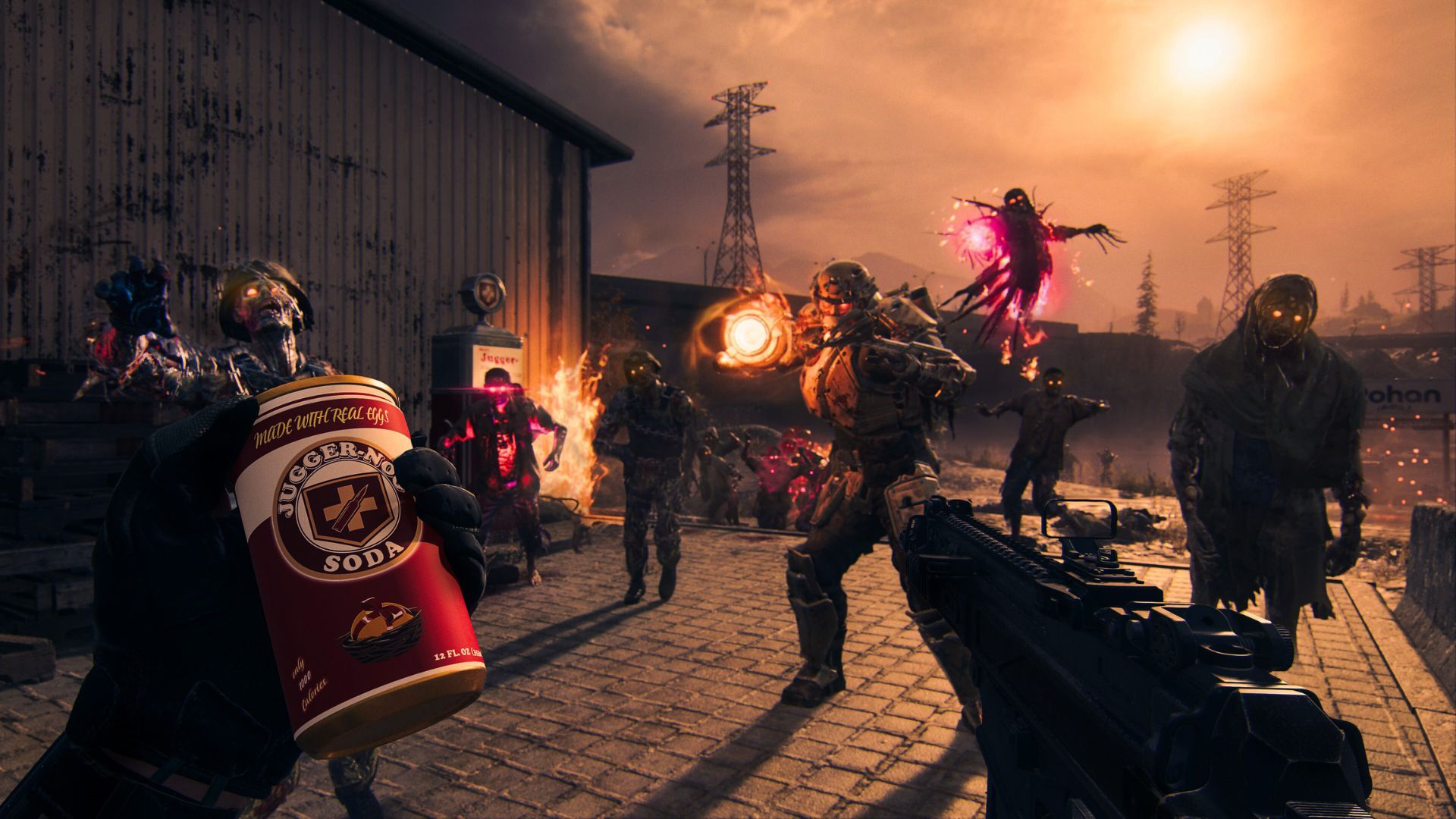
Recent Call of Duty games have faced criticism for how aggressively they try to make money, but 2023’s Call of Duty: Modern Warfare 3 sparked the most outrage. Many fans were upset because it didn’t live up to the original, highly-regarded Modern Warfare from 2011. One major issue was the very short single-player campaign, lasting only three or four hours, which suggested the developers prioritized multiplayer gameplay.
Adding to the disappointment, Modern Warfare 3 included a lot of extra paid content typical of online multiplayer shooters, such as Battle Passes, pre-order perks, and in-game purchases. This frustrated longtime fans who simply wanted to enjoy the classic game, and it drew criticism because the game itself already cost $70. Many fans feel like Modern Warfare 3 was sold as a full-price game but treated like a free-to-play one with constant requests for more money.
FIFA 22
Loot Boxes Have Changed This Classic Sports Franchise Forever

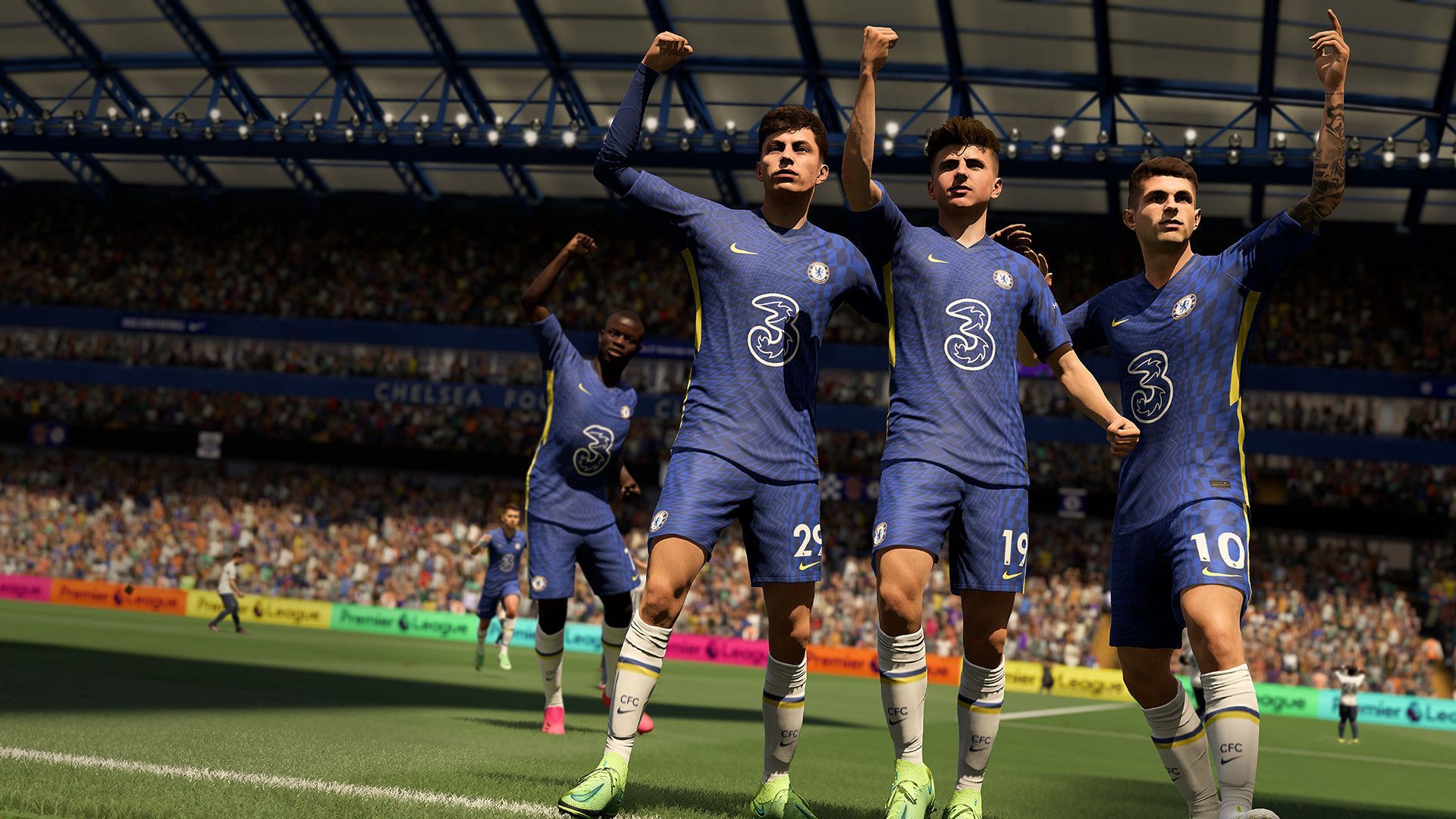

Electronic Arts’ popular sports games have been increasingly criticized for focusing too much on making money, and the FIFA series is a prime example. The latest installment, FIFA 22, includes a mode called Ultimate Team where players build dream teams with famous athletes. While this sounds appealing, there’s a catch.
Players are obtained by buying packs of cards with real money, essentially making them loot boxes. This system in FIFA 22 (and many recent EA Sports games) is considered problematic because it encourages gambling-like behavior, raising concerns about its impact on children. Adding to this, the game itself costs sixty dollars initially (with a deluxe version priced at one hundred dollars), and includes further purchases within the game that are also considered exploitative.
Read More
- Epic Games Store Free Games for November 6 Are Great for the Busy Holiday Season
- EUR USD PREDICTION
- How to Unlock & Upgrade Hobbies in Heartopia
- Battlefield 6 Open Beta Anti-Cheat Has Weird Issue on PC
- Sony Shuts Down PlayStation Stars Loyalty Program
- The Mandalorian & Grogu Hits A Worrying Star Wars Snag Ahead Of Its Release
- ARC Raiders Player Loses 100k Worth of Items in the Worst Possible Way
- Unveiling the Eye Patch Pirate: Oda’s Big Reveal in One Piece’s Elbaf Arc!
- TRX PREDICTION. TRX cryptocurrency
- INR RUB PREDICTION
2025-10-25 13:39